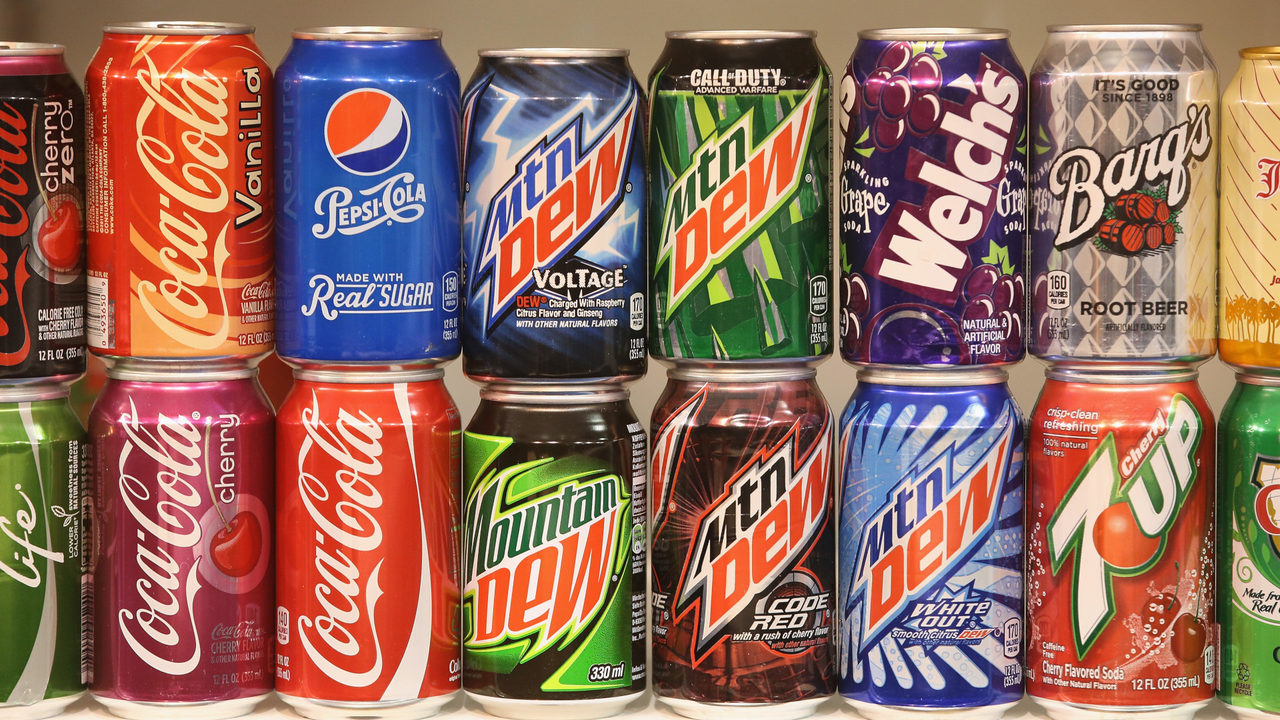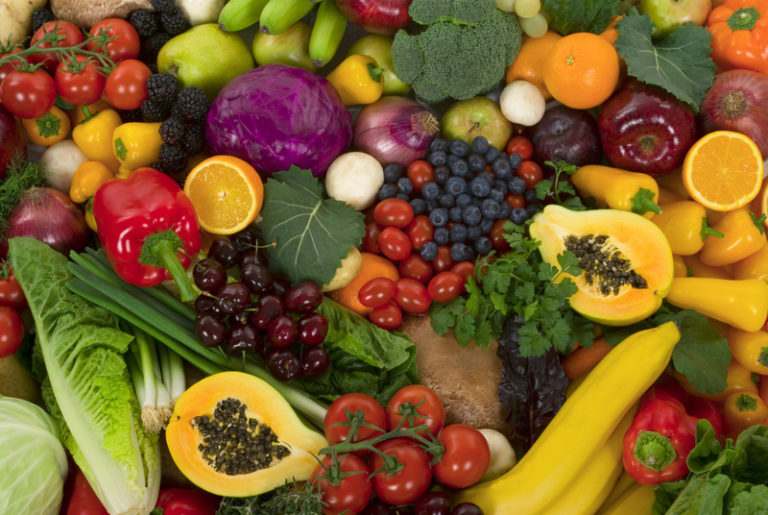We live in a toxic world and avoiding chemicals sprayed on fruits and vegetables makes good health sense.
Some fruits and vegetables are more problematic vs. others in terms of chemical content: a good resource for this information is the Environmental Working Group:
This is the organization which annually publishes the “Dirty Dozen” list: a list of the twelve most heavily sprayed fruits and vegetables.
Not only this but the EWG also lists the fruits and vegetables that are the least likely to cause issues with respect to chemical exposure.
Eating organic always makes sense however it can get expensive and these lists can serve as good guidelines to be able to choose which fruits and vegetables to buy organic – and those for which conventional may be okay, or at least less problematic.
A Simple Cleaning Solution for Fruits and Vegetables
Trying to remove chemicals from the surfaces of fruits and vegetables makes sense to minimize exposure: there are now compounds sold in stores which can be used for this, however here is a simple recipe you can make at home for this purpose.
- Combine the ingredients below in a large bowl. The concoction will bubble and fizz a lot after mixing so the bowl needs to be big.
- 1 cup of water
- 1 cup of white vinegar or cider vinegar
- 1 tablespoon of baking soda
- 2 teaspoons of lemon juice
If you have access to it, 1 tablespoon of food grade hydrogen peroxide can also be added to the mix.
Make sure to follow usage instructions and avoid skin contact.
2. Stir the mixture and then transfer to a spray bottle
3. Spray on fruits and vegetables
4. Allow the mixture to sit for about 5 minutes
5. Rinse off with water
6. Give items a final visual inspection
Enjoy your produce with less health damaging chemicals!





